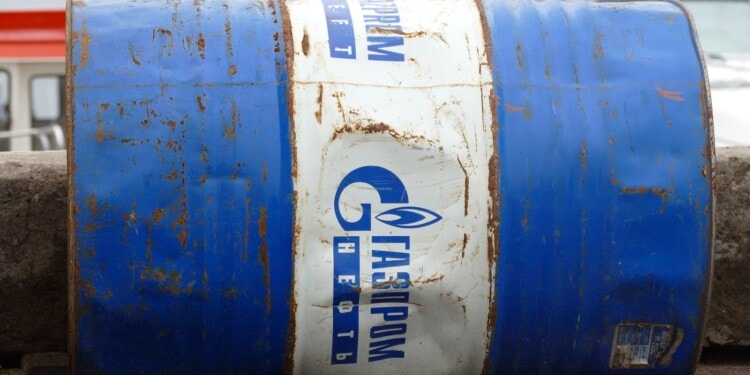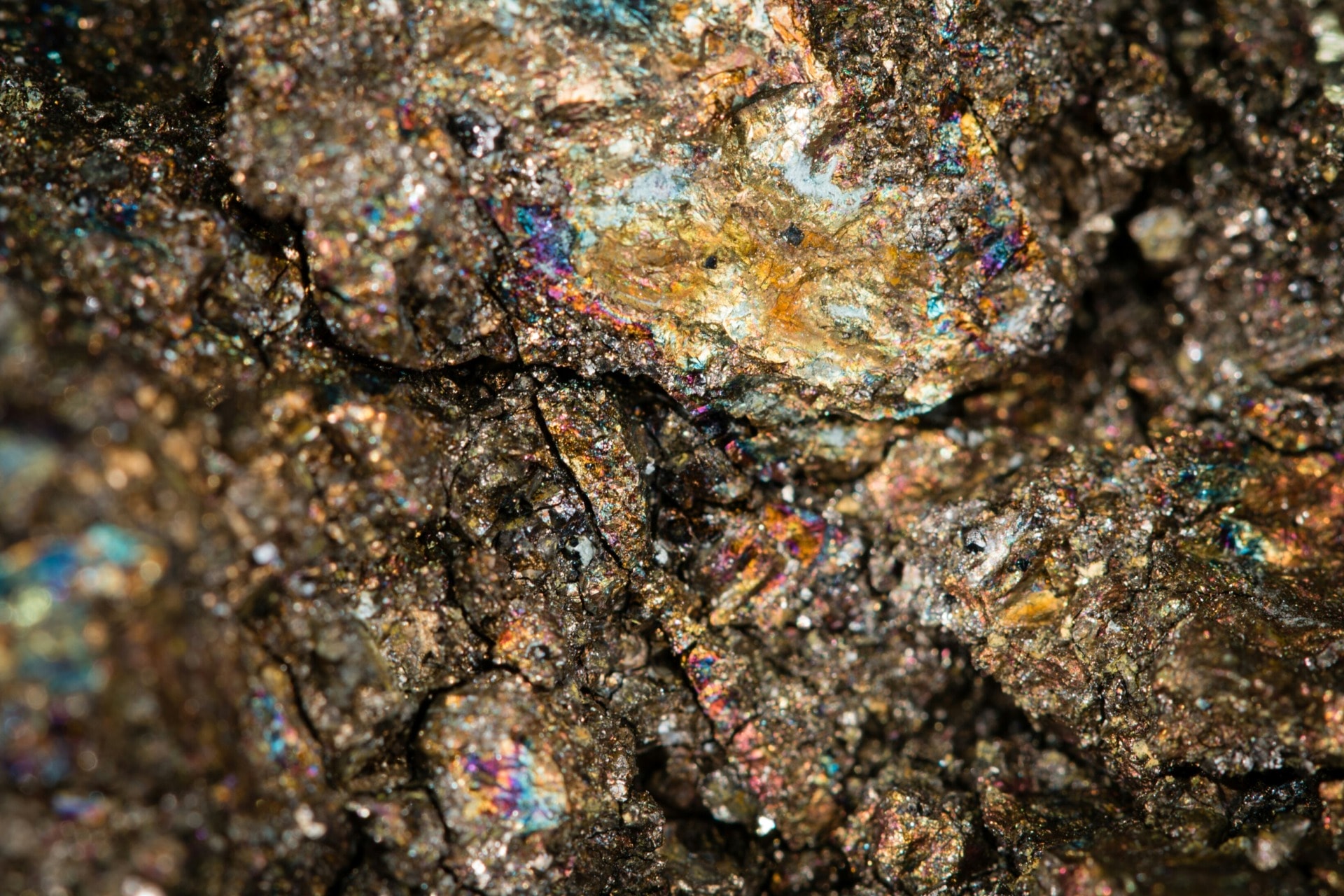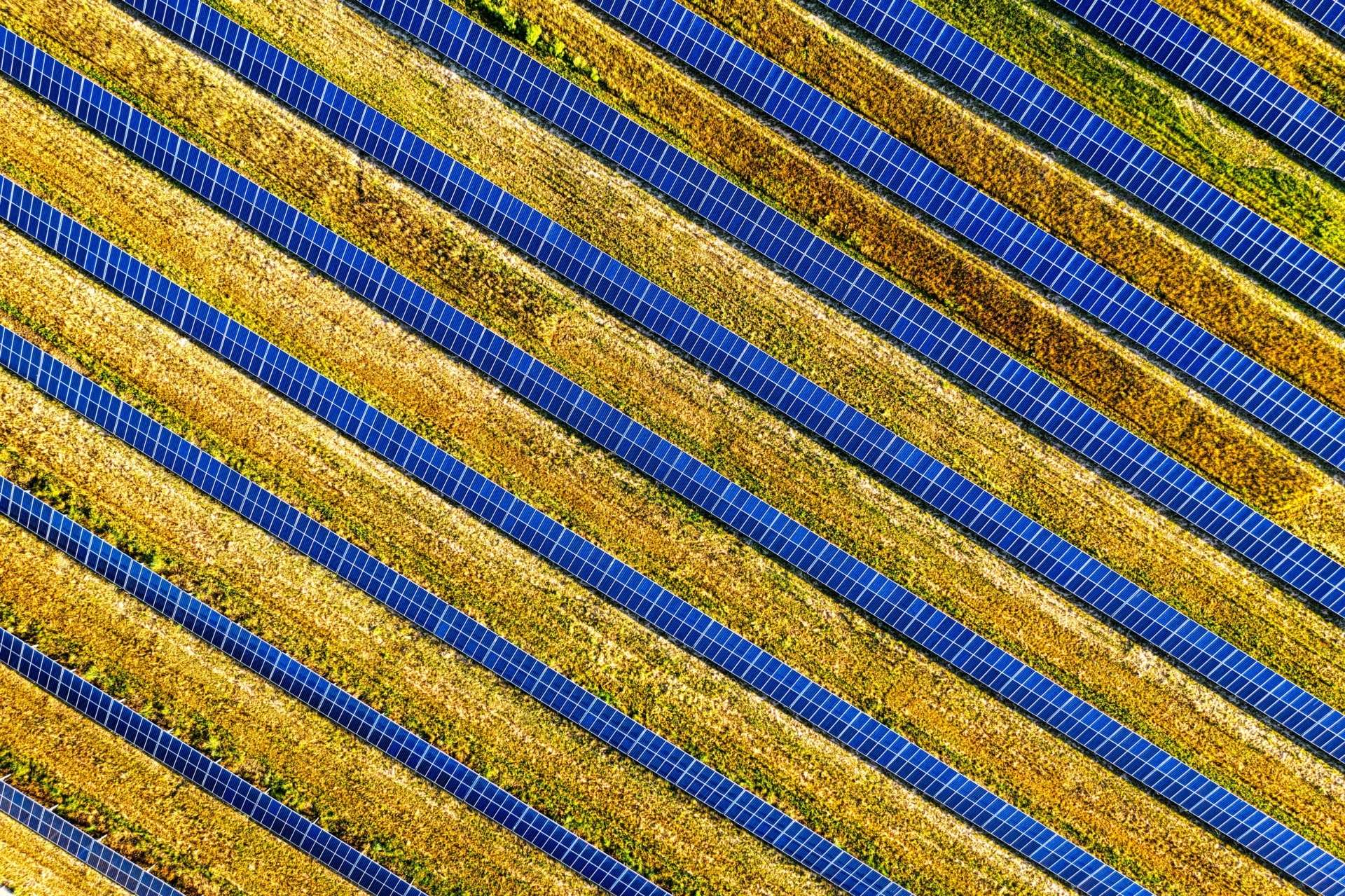In the aftermath of Vladimir Putin’s invasion of Ukraine Bulgaria is making a strong statement in support of Ukraine. The country is threatening to move away from Russia as their supplier of natural gas.
For many years Bulgaria has relied on Russian energy providers, its national energy policy was shaped by Russia giants such as Gazprom (a state owned natural gas company) and Lukoil (a petroleum firm).
Bulgaria has had a ten year deal with Gazprom, a contract that just so happens to expire at the end of 2022. On Saturday March 19th Asen Vasilev, Deputy Prime Minister of Bulgaria, announced that they will not be renewing their natural gas purchase deal with Russia.
Speaking on a public Bulgarian radio station Vasilev said ‘In this situation, there cannot be talks with Gazprom… There are alternatives.’
#Europe_Gas: The gradual decoupling of the EU from Russia is underway. Bulgaria made a decision not to buy gas from Russia after its long-term contract expired in July 2022. PM Vasiliev announced that Russian gas will be replaced by imports from Qatar and Algeria. ⤵️ pic.twitter.com/SoVkLA3ZWo
— Dionis Cenușa (@DionisCenusa) March 19, 2022
The alternatives Vasilev is referring to may come in the form of a new pipeline that is due to be completed within the next few months that will connect Bulgaria’s network with Greece. According to the Deputy Prime Minister Sofia, Bulgaria’s capital, will be looking to import Liquified Natural Gas from terminals in neighboring Turkey and Greece and increase the amount of gas it can receive from Azerbaijan.
Bulgaria has an annual gas consumption of 3 billion cubic meters and they have managed to secure a deal that means 1 billion cubic meters of gas will be supplied by Azerbaijan. However, their hope to secure a greater supply of Azeri gas relies on the new gas pipeline between Greece and Bulgaria being completed.
Related Articles: Ukraine-Russia War: Russian Gas is Europe’s Achilles’ Heel | Gas Is Not a Bridge Fuel, It’s a Wall
This is because their Azeri gas will be supplied by the Trans-Adriatic Pipeline which is a section of the long awaited Southern Gas Corridor. This pipeline runs through Greece and it is via this section of the Southern Gas Corridor that Bulgaria will receive their gas.
The Greece-Bulgaria interconnector, as the new pipeline will be called, is a project that the U.S. and Europe suspect Moscow may try to stop. It will add more flexibility to the southeastern European gas market, and could allow countries in the region to diversify away from Russian gas and improve connections between the EU and Middle Eastern and Central Asian gas producers.
Bulgaria has had deep rooted ties to Moscow, more so than any other country in the European Union but it would appear since Kiril Petkov became Prime Minister with his We Continue the Change political party Bulgaria is on a more pro-Western trajectory.
We Continue the Change boasts an ideology of Anti-Corruption and Pro-Europeanism which seems to be supported by the latest statements from the Deputy Prime Minister. He said of moving away from Russian gas, ‘This is not just Bulgaria, this is a common European strategy.’ Calling upon a recent agreement made between EU leaders in Versailles he claims Bulgaria is looking to ‘phase out our dependency on Russian gas, oil and coal imports as soon as possible.’
Liquified Natural Gas is likely to result in more expensive gas for Bulgaria, an issue that has been plaguing the globe since Russia began their conflict with Ukraine. Vasilev has made it clear that despite the expense it is an imperative change that must be made as a result of the war in Ukraine.
Bulgaria is looking to make a historic statement and a massive shift away from Russian Gas. Their success will depend on the completion of the Greece-Bulgaria interconnector and the ability for the Bulgarian government to keep costs in check.
Could this move impact the conflict between Russia and Ukraine or has Bulgaria just marked itself as a target for Putin?
Editor’s Note: The opinions expressed here by Impakter.com columnists are their own, not those of Impakter.com. — Featured Photo: Gazprom drum. Photo Credit: Maxence Peniguet














